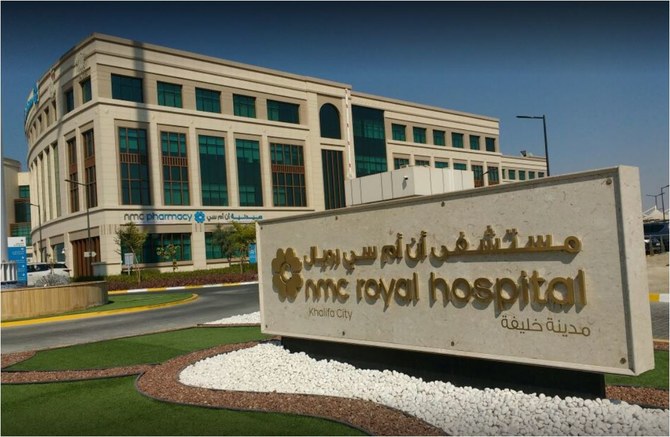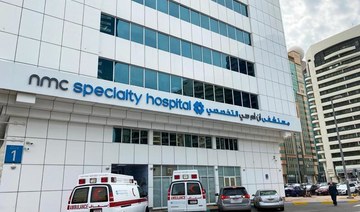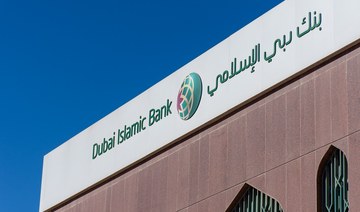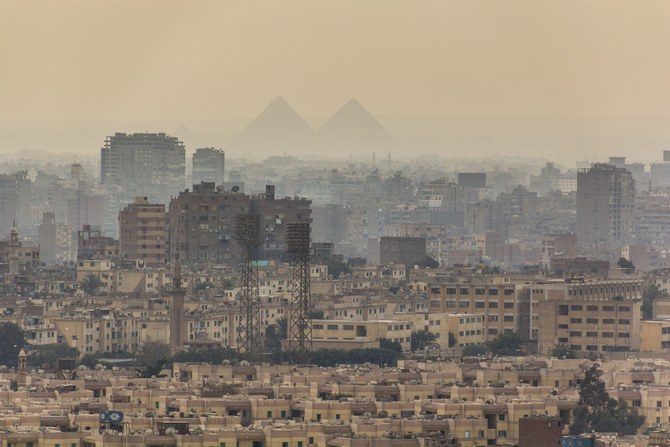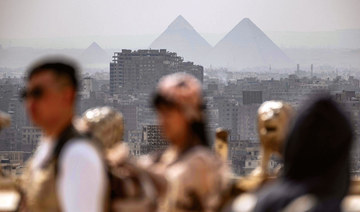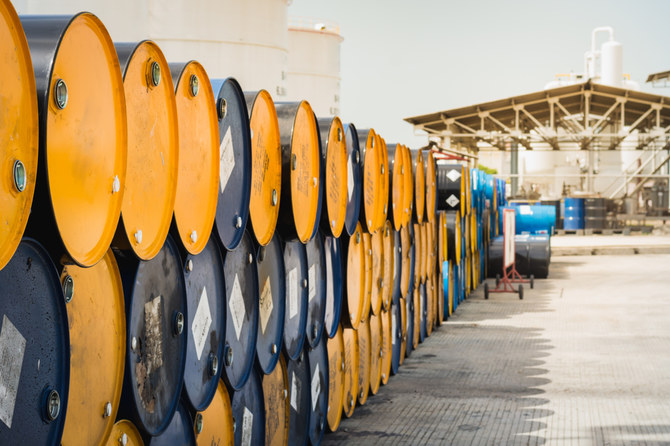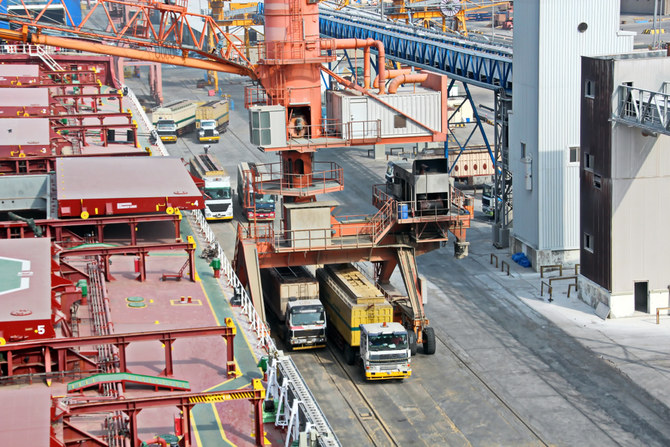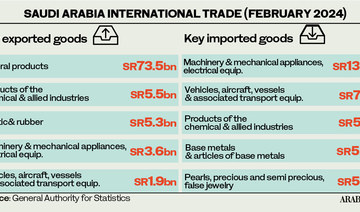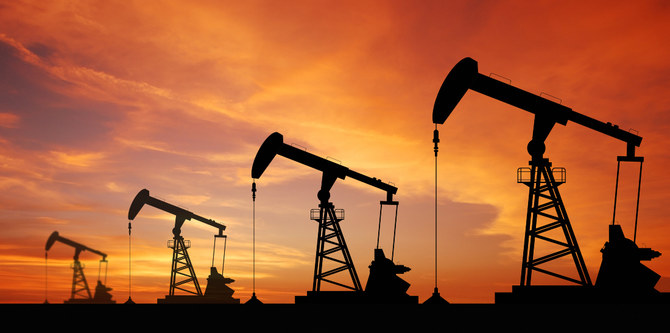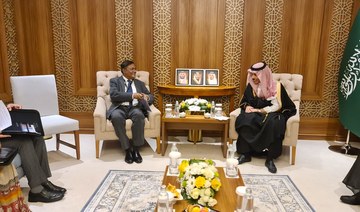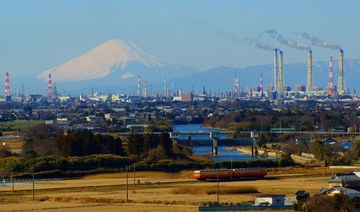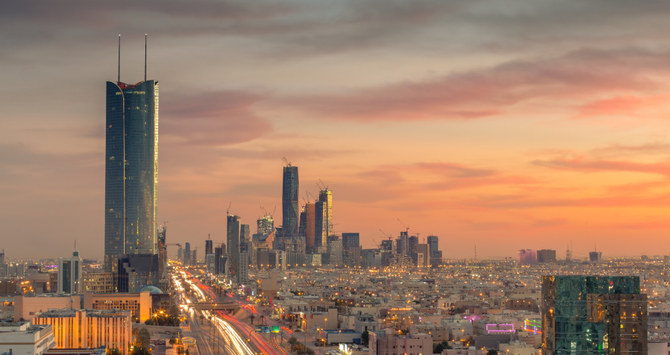RIYADH: NMC Healthcare CEO Michael Davis deals with the patients’ pain all the time. And now he himself feels the pain in many good ways.
The UAE’s largest private health care provider is taking a series of painful choices to restructure the business starting with its exit from Saudi Arabia.
“Exiting Saudi Arabia was a very difficult and painful decision for me personally and for the organization,” he told Arab News in an exclusive interview.
“Since I’ve moved to the UAE 10 years ago, I’ve been to Saudi Arabia more than a hundred times. I’ve probably been to areas of Saudi Arabia that other Saudis may not have been to,” he added
Davis said that the company may consider re-entering the Saudi market after selling its stake to Saudi Medical Care Group.
“When we exited the Saudi joint venture, we knew that it was in the best interest of NMC as a whole,” he said, reiterating his belief that Saudi Arabia is still a crucial market for his company.
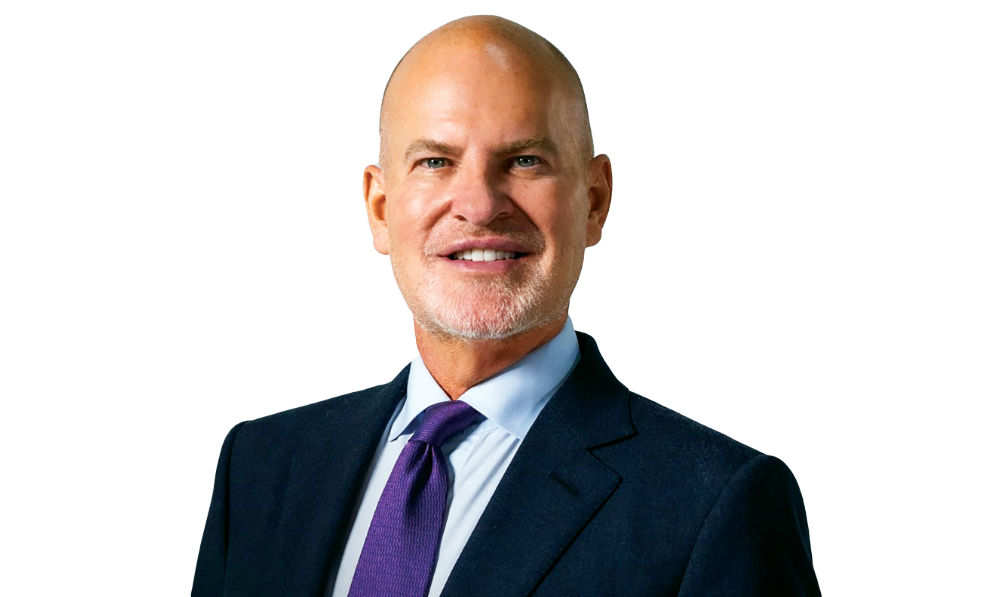
NMC’s 34 assets have been transferred to a new holding company and this means that NMC Healthcare is in a better and stronger position, says its CEO. (File)
“I’m still personally very interested in the success of the Saudi portfolio that we have exited. I can also see under this new board of directors and under our growth plan, an opportunity later to re-enter into Saudi, but probably not into the multi-specialty hospital space. Perhaps in one of the subspecialty spaces, like long-term care, in vitro fertilization, or cosmetics and aesthetics,” Davis said.
Painful restructuring
NMC has agreed to the sale of its 53 percent stake in SMGC, offloading the last of its international businesses as part of a creditor-approved restructuring.
Davis also revealed that NMC has achieved the best financial results since it was founded 47 years thanks to the board of directors’ restructuring program and despite the scandal incident.
“In 2020 and 2021, we’ve posted the best operational and financial results the company has ever seen in its 47 year history. None of us can forget all of this occurred on the precipice of the worst pandemic the world has seen in over 100 years. So, over the last two years, the company has battled fraud. We’ve successfully managed administration.
We’ve successfully managed and contributed to the battle against COVID-19 here in the UAE and Oman, and we’ve come out of this in a much better place,” Davis added.
“After entered administration, we received around $375 million worth of financing from our investors. I think this along with the support of 95-percent of our creditors is a vote of confidence that basically said, ‘we believe in this company,’” he added.
Davis voiced full confidence in the ability of NMC to overcome all financial difficulties.
“We believe that what we are doing is relevant, not only from a clinical and a social perspective but also from a financial perspective. This is a business that did over $1.2 billion worth of top line in 2021 and $206 million worth of adjusted EBITDA. So, when you look at those results, this is a very, very strong business with five-and-a-half million individual patient encounters per year. It’s an attractive business for any investor,” he noted.
He added that NMC’s 34 assets have been transferred to a new holding company and this means that NMC Healthcare is in a better and stronger position and is now more transparent.
A new business plan
He revealed that part of the board of directors’ three-year plan was to seek new buyers or investors.
“So, part of our business plan is we feel like within the next three years, we’ll have the business well positioned to take out for sale. At that point, we could be looking at a financial investor, a health care centric, private equity group. It could be someone local, someone international. It could also be a strategic health care investor,” Davis explained.
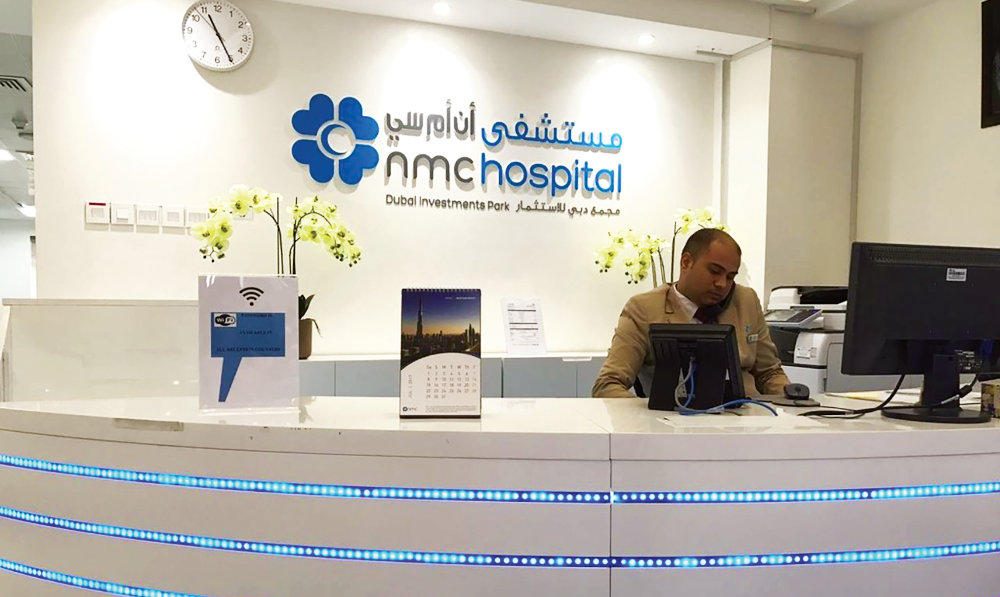
NMC’s 34 assets have been transferred to a new holding company and this means that NMC Healthcare is in a better and stronger position, says its CEO. (File)
He added that there are a lot of people that could be involved in this investment.
“Currently what we’re doing is focusing specifically on the continuity and the stability of the business and ensuring that we are providing the best value to all of our stakeholders,” Davis said.
He noted that the plan includes the company’s new owners, their patients, their employees, and the community who supported NMC over the last two years.
“It’s important for all of us to understand that even over the last two years, we have seen an average of between five and six million patients, both in 2020 and 2021 and 60 percent of the patients that come to NMC Healthcare facilities are repeat patients. That is a significant vote of confidence,” Davis said.
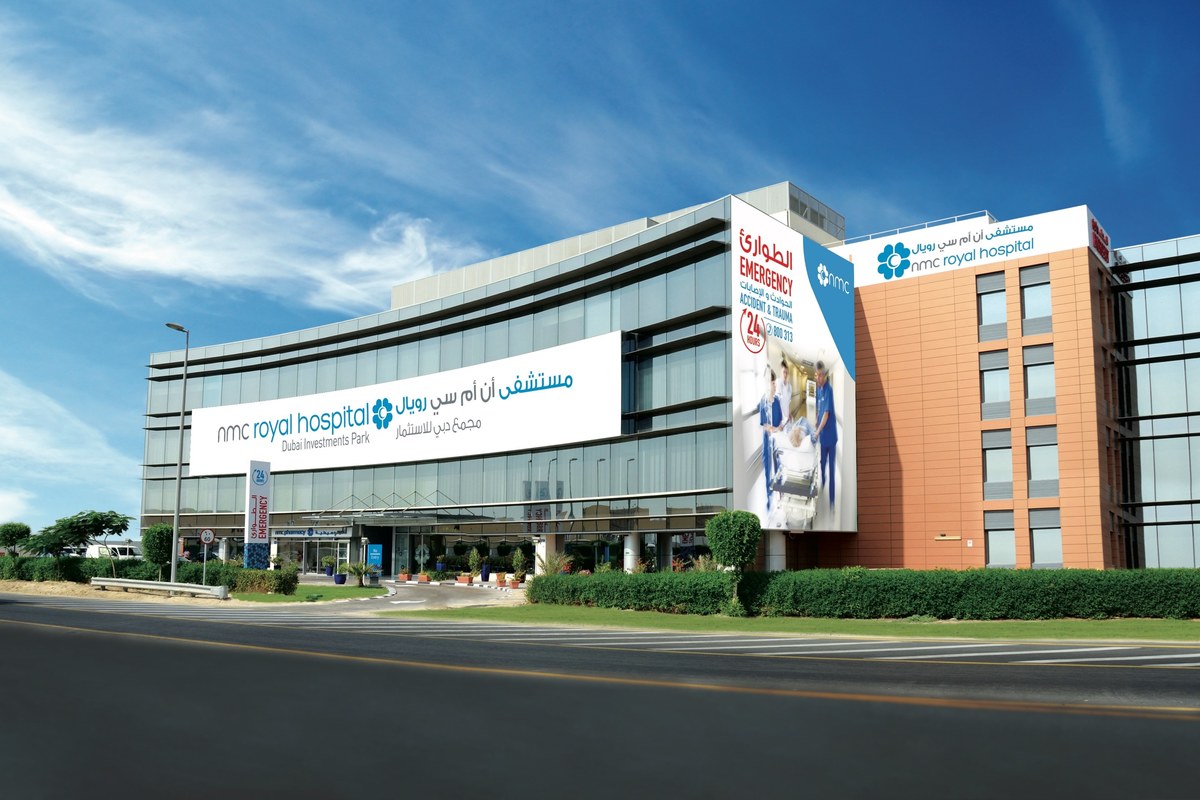
Protecting the brand
He reminded that NMC has multi-specialty hospitals and clinics.
“We have the largest integrated in vitro fertilization business in the Middle East doing almost 5,500 cycles IVF cycles per year in the UAE. We have a very large cosmetics and aesthetic surgery business with 19 cosmetic and aesthetic surgery centers across the UAE and Oman,” Davis noted.
The first thing Davis did as CEO of NMC was to create a firewall between what was occurring at the corporate office and the legal and restructuring issues that were going through and what was happening at the bedside and all across the UAE and Oman, noting that his health care company has 12,000 employees, 2,000 of whom are doctors.
“And while we at the corporate office were worried with banks and creditors and lawyers and litigation, all of those things surrounding administration, those 12,000 employees were getting up every day and putting on their lab coats and their scrubs and donning their stethoscopes and going into the hospitals and clinics and, day-in and day-out, taking great care of patients,” Davis said.
For Davis, there are important lessons to be learned from pandemic that swept the world.
“I think the biggest lesson I learned from COVID is to believe in science, listen to the scientists, listen to the experts, trust our instincts, and I never want to be the last person to implement change. If you look at what Saudi Arabia and the UAE did through the pandemic, we performed so much better than the rest of the world in many ways,” he concluded.



